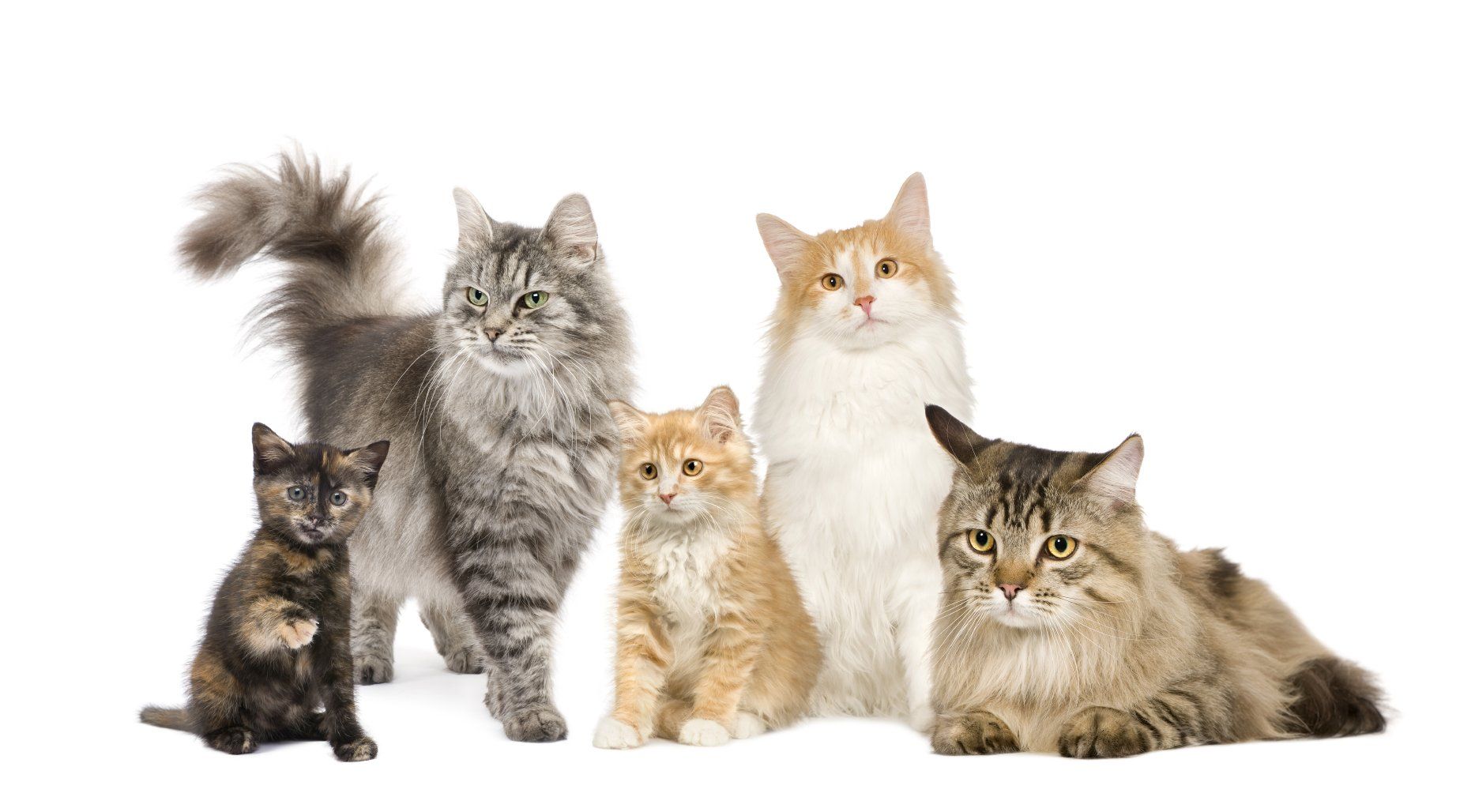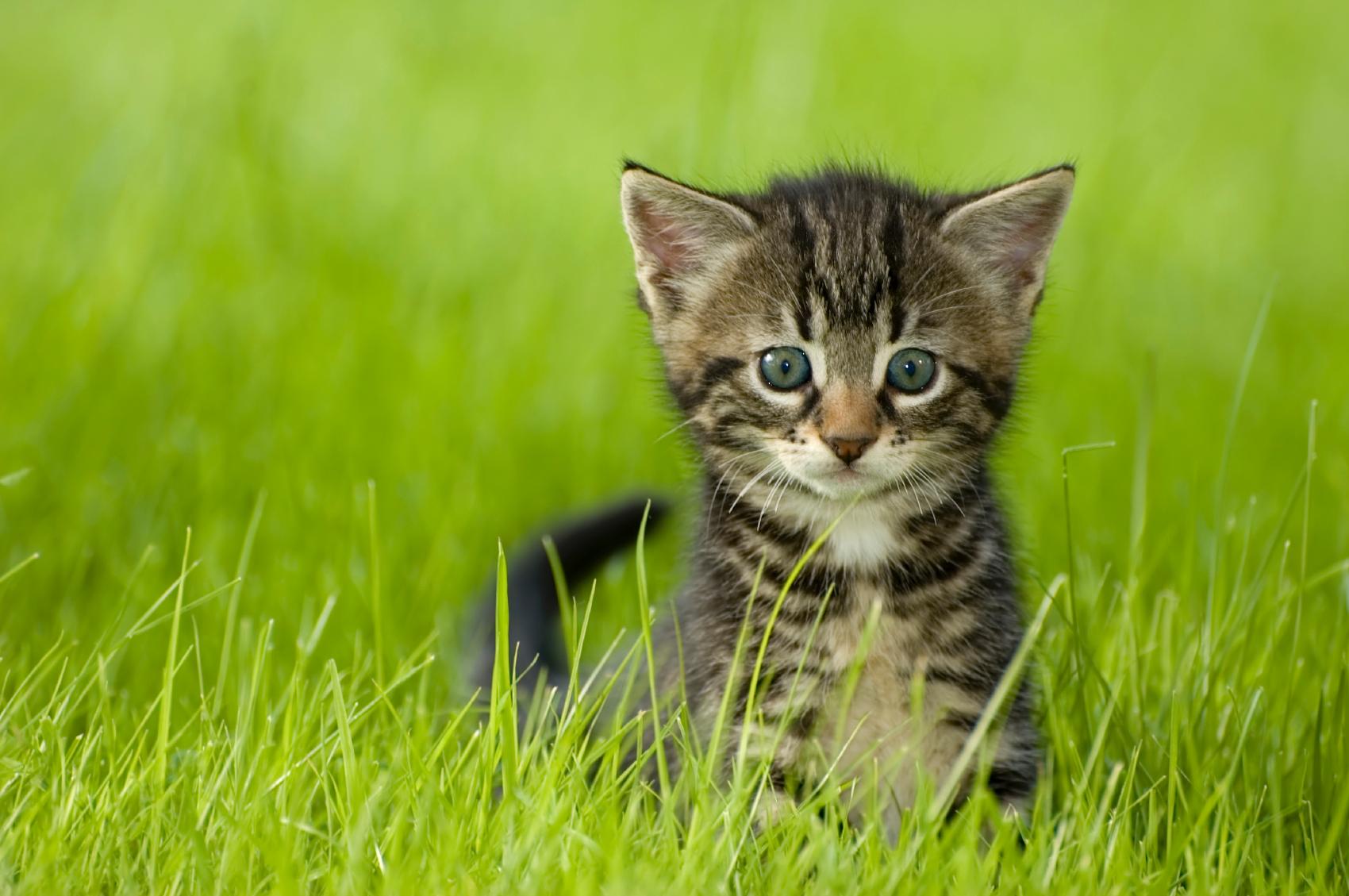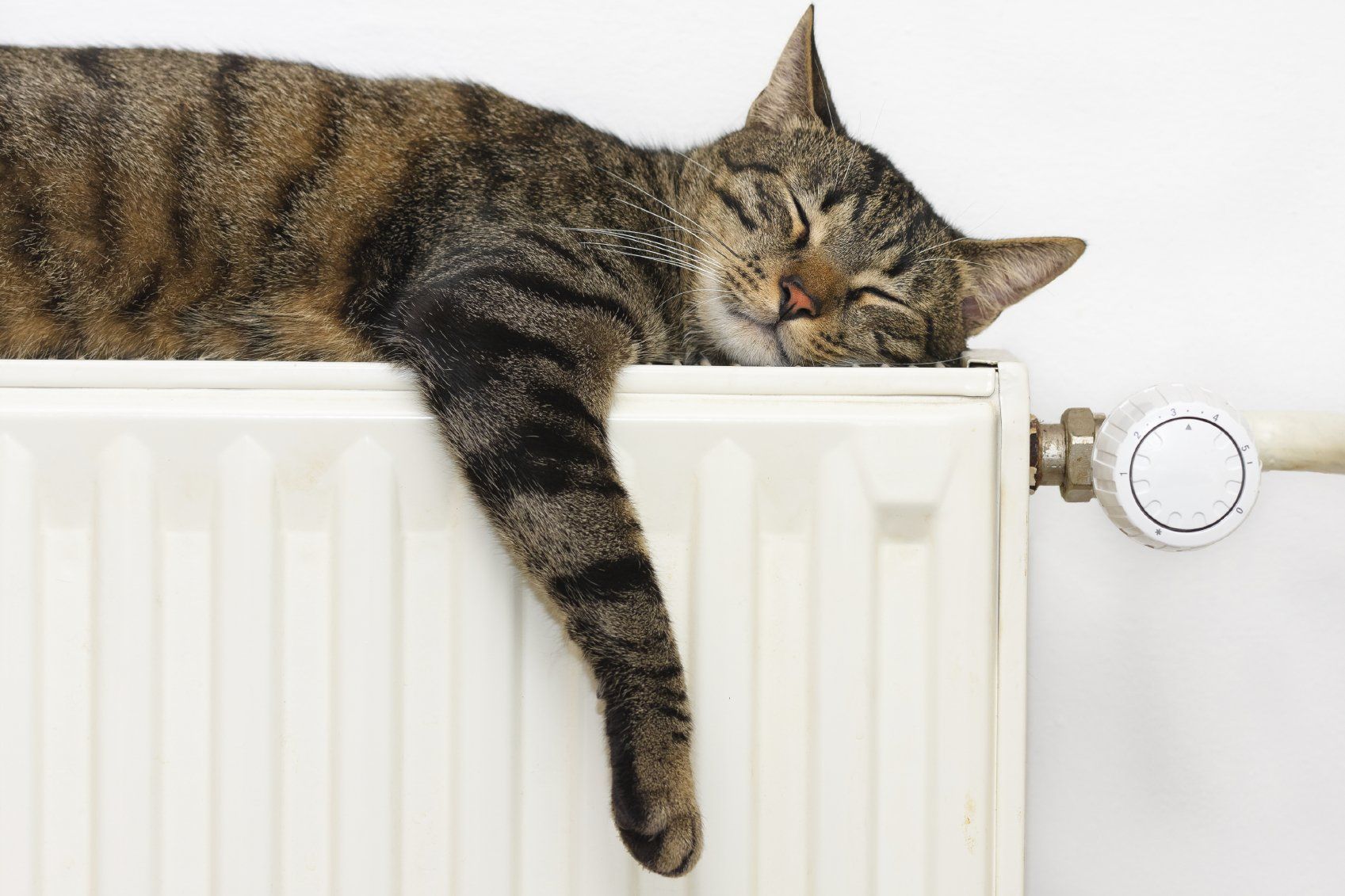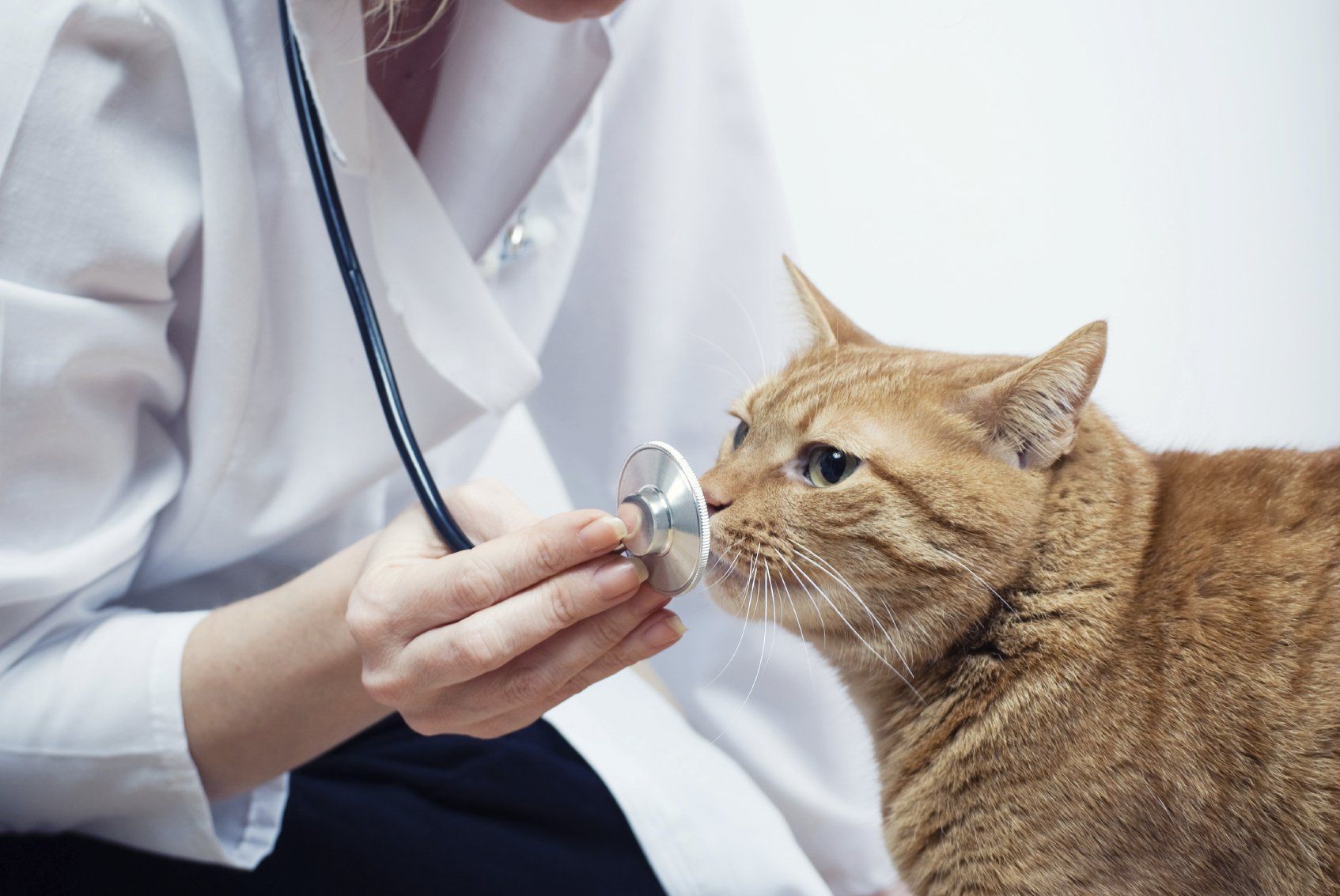Cats Neutering
Neutering your cat
Neutering your pet can have really great benefits, both to them and to you! Plus you’ll be helping to tackle the growing crisis of pets being abandoned, dumped and given away because there aren’t enough homes to go around.
The Cats Protection League
may be able to help you with the cost of this operation
Castration - both testicles are removed which takes away the main source of the male hormone testosterone.
Spaying - both the ovaries and the uterus are removed which means the female is unable to become pregnant.
Both operations are carried out under general anaesthetic. Every surgical procedure has some risk but modern techniques are very safe.
Because it involves surgery, there will be some discomfort but cats are given drugs to control this and most of them are up and about just a few hours after they have had their operation.
Cats become sexually mature from the age of around five months. In order to prevent unwanted pregnancies, it’s recommended that cats are neutered at around this age but subject to the weight and maturity of the cat we may consider neutering at four months old, after they have completed their primary vaccinations. Please discuss this with the vet who will be happy to advise you.
Why should I get my cat neutered?
Male cats:
Neutering reduces their chance of catching feline immunodeficiency virus (FIV), an incurable disease similar to HIV in humans which is spread by saliva usually from bite wounds during fights.
Unneutered cats that are confined can become frustrated and may try any escape route – including out of your top floor window.
Neutering cats reduces their urge to roam and fight so they’re less likely to go missing, get hit by cars, or get hurt.
Unneutered male cats tend to urine-mark their territory, including your house, with a powerful and unpleasant scented urine.
Female cats:
A female cat can produce up to six kittens, three times a year. That’s a lot of mouths to feed.
It can be very stressful trying to make sure your cat doesn’t get pregnant and, if she does, you’ve got the worry of caring for her through her pregnancy, birth and the rearing of her litter. And that’s before the challenge of finding good homes for the kittens.
Female cats that are not spayed often come into season over and over again, which means they can be almost continuously in heat. This can be exhausting and usually attracts a queue of amorous and vocal tomcats to the house.
Contact Us - Hardwick
169 St Neots Road, Hardwick, Cambridge, CB23 7QJ
email:
admin@ashcroftvet.co.uk
01954 210250
Where to Find Us
Contact Us - Papworth
Pendrill Court, Papworth Everard, Cambridge, CB23 3UY
email: admin@ashcroftvet.co.uk
01480 831615
email: admin@ashcroftvet.co.uk
01480 831615






